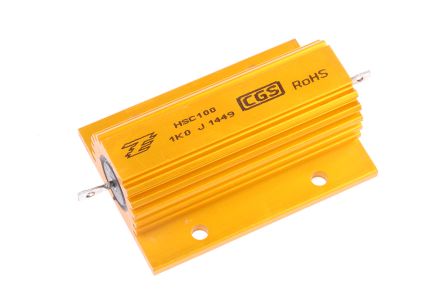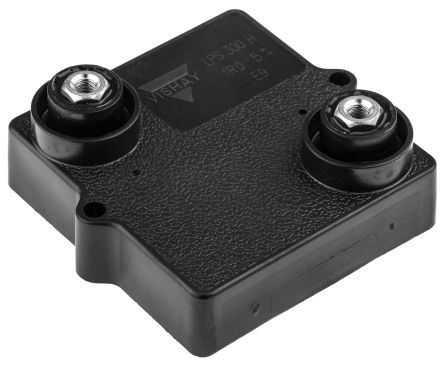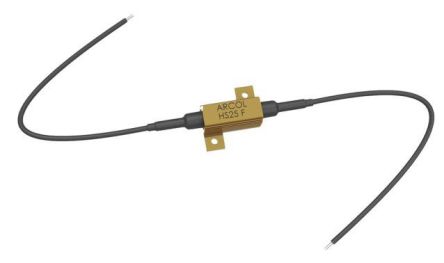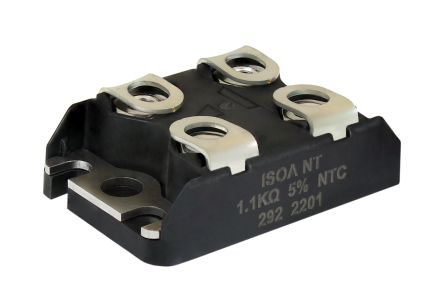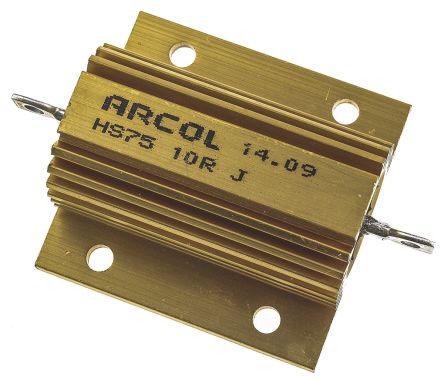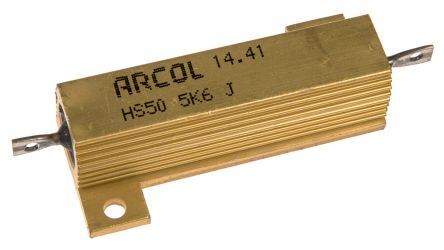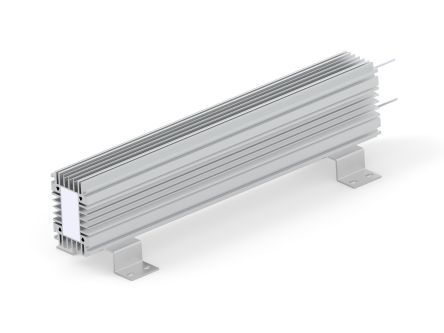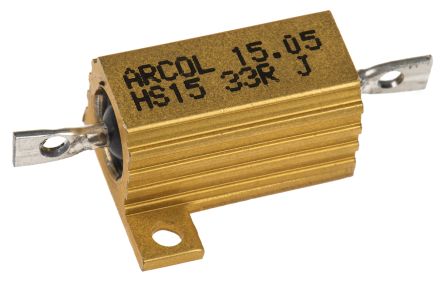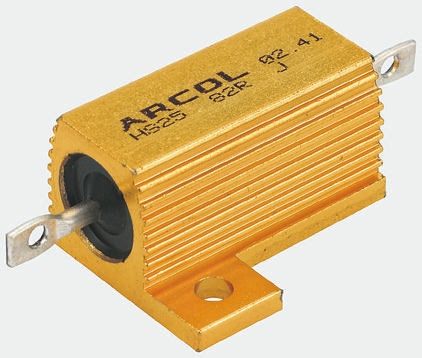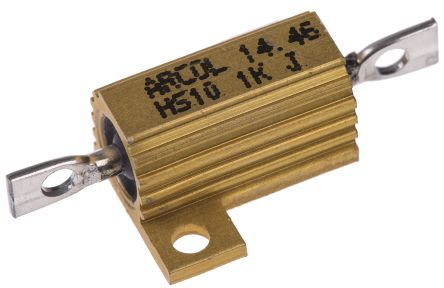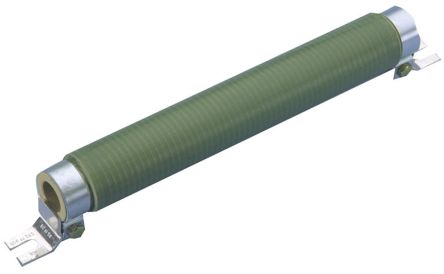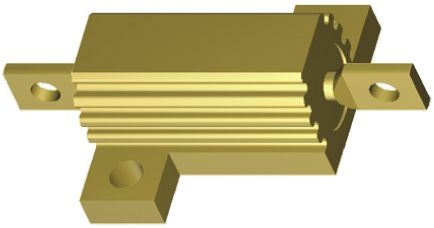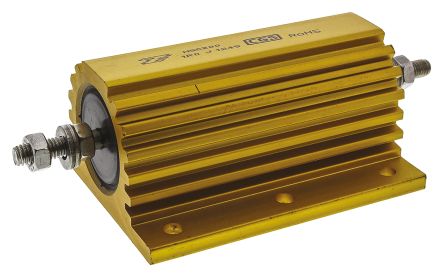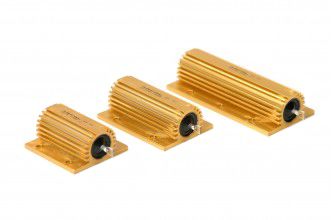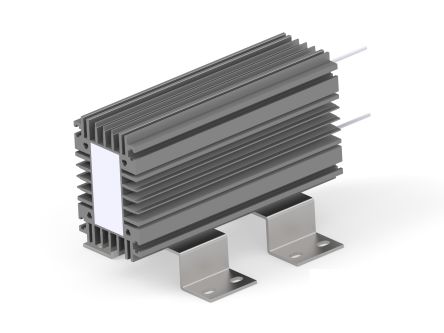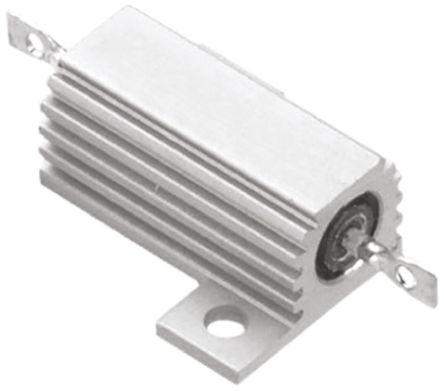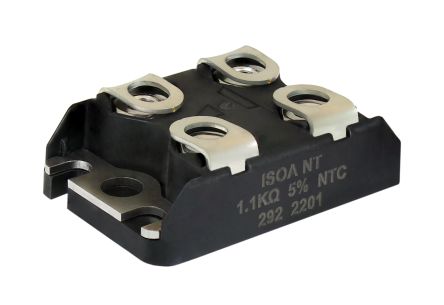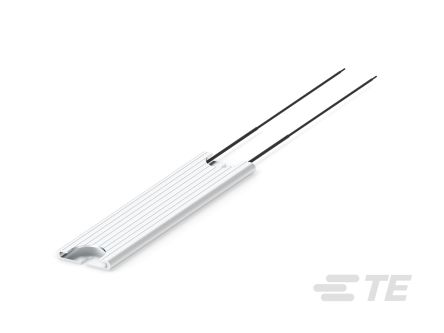- Automation & Control Gear
- Cables & Wires
- Enclosures & Server Racks
- Fuses & Circuit Breakers
- HVAC, Fans & Thermal Management
- Lighting
- Relays & Signal Conditioning
- Switches
- Batteries & Chargers
- Connectors
- Displays & Optoelectronics
- ESD Control, Cleanroom & PCB Prototyping
- Passive Components
- Power Supplies & Transformers
- Raspberry Pi, Arduino, ROCK, STEM Education & Development Tools
- Semiconductors
Chassis Mount Resistors
Chassis mount resistors, also referred to as panel mount fixed resistors, are used to limit the flow of electricity in an electrical circuit (resistance). They are a type of fixed resistor which means the resistance is set at a specific value and can't be changed. Resistors are important because they help to prevent damage or destruction of other circuit components.
Why use chassis mount resistors
Chassis mount resistors feature a wire wound design (metallic wire is wound around a core of non-conductive material to reduce or restrict the flow of electric current) with a metal (usually aluminium) housing that provides heat conduction. They may also have flameproof construction or a corrugated ribbon element to allow for rapid cooling.
Where would you use a chassis mount resistor
Chassis mount resistors are commonly used for large electrical and production machinery, motor start or stop cycles, equipment discharge, load test simulation and dynamic braking.
Chassis mount resistors are also particularly suited for applications where the resistor is used to promote heat loss and cooling, because of its low temperature coefficient of resistance (TCR) – in other words, its resistance remains nearly constant over a wide range of temperatures.
